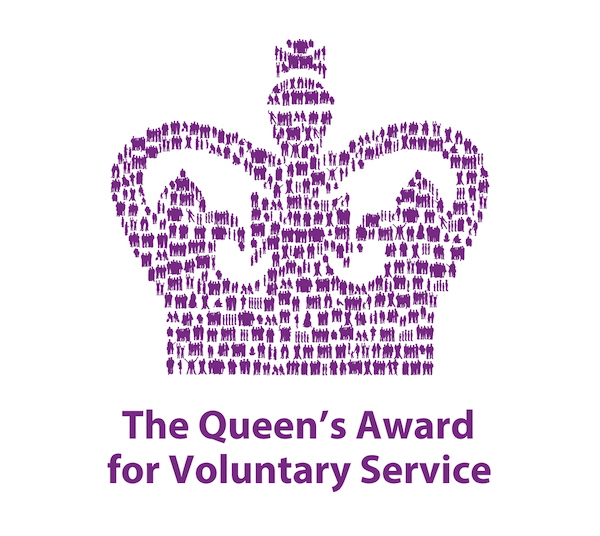‘As a prisoner, I always found that writing letters not only gave me something to do, but I found writing very cathartic. Even though I was very fortunate to maintain my family ties, I didn’t want to upset them by expressing what I was going through inside. Writing to others, apart from your family is very important, as family issues and the emotive side of visiting me in prison – well, you can only go through that pain so many times. So having an outlet, or having someone to write to was fantastic as it offered me contact with the outside world, an interest, a view of life from a different perspective and it offered me hope. Writing was one of the most important emotional stabilizers for me as a life sentence prisoner. It helped me cope.’
This is a quote from someone we work with who outlines the importance of letter writing in jail. It is something prisoners with literacy skills can access fairly readily, offers a way of expressing their hopes, fears, feelings, and, at times, deep regret. Letter writing is something that most of us do not routinely engage in other than with electronic brevity in email and text. Yet, it is an activity that those living behind bars reach out to in order to keep in touch with those they care about. Letter writing in jail is an important means of personal expression and of maintaining contact with the outside world.
Words on paper are there to read and re-read, re-read and read again, so a letter sent to a prisoner whilst serving their sentence is a treasure and a powerful means of sending in messages of empathy, humour and of future hope of a good life post release.
But what of prisoners who do not have family to write to them? or those who have lost touch with anyone close to them? This is why Cohort 4 were pleased to join with SHE to form the prisoner writing project called ‘One In, One Out,’ writing to women in jail in the U.S. The ‘One in, One Out’ project works with women prisoners who want someone impartial to write to, as an activity, as a therapy, as an escape mechanism for the mind. This serves to provide a paper friendship with another woman across the ocean, a woman who understands the disadvantage of being involved in the criminal justice system and one who now leads a positive life in the community.
Letter writing is a gift to those who are able to read, write and communicate on paper with their reader, and one both SHE and Cohort 4 wish to promote through this simple, but amazing new joint project.
‘If it were a drug, this versatile little treatment would surely have a public profile to match Viagra. Indeed, the lack of a pharmaceutical company to promote it is perhaps part of the reason why its benefits are so little known. It’s cheaper than any drug – the cost of a pen and paper. Because the miracle treatment is simply what I am doing right now: writing.’ (Pollard, 2002 in The Observer)
BG





